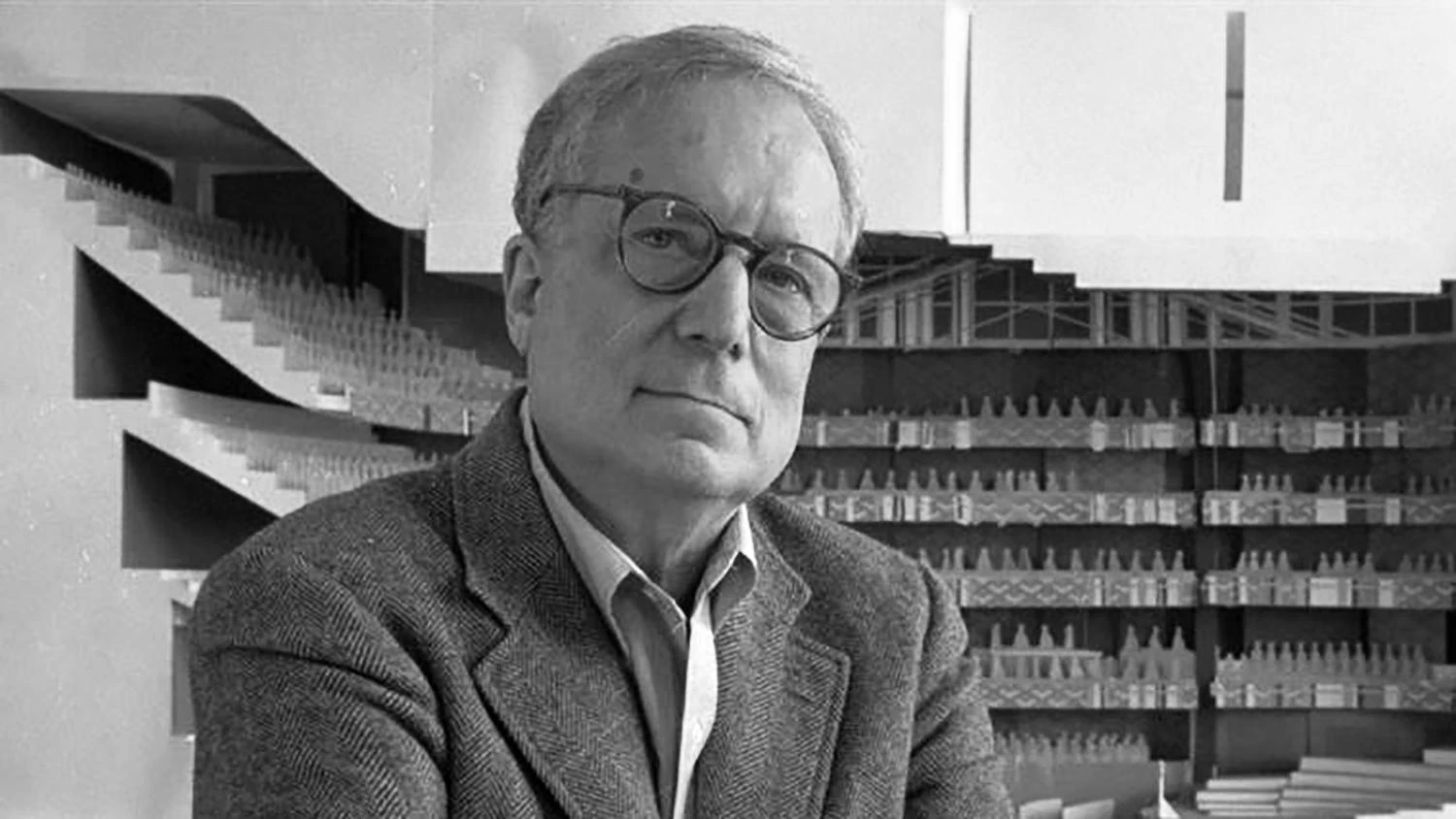
1925-2018
Robert Venturi, one of the most influential architectural theorists of the second half of the 20th century, died in his home city of Philadelphia, aged 93. He graduated from Princeton University and spent three years under a grant at the American Academy in Rome, and later worked at the studios of Eero Saarinen and Louis Kahn. Princeton, Rome, and Kahn are three references that partly explain Venturi’s leap to fame thanks to two works: the construction of a house for his mother in 1962, in which he turned around the Modern Movement theses; and the publication in 1966 of a manifesto that is his best work: Complexity and Contradiction in Architecture. Vincent Scully wrote the introduction for the book, which he considered to be “probably the most important writing on the making of architecture since Le Corbusier’s Vers une architecture, of 1923.”
Venturi started working with Denise Scott Brown shortly after, and they would soon marry. They shared projects and books in a fruitful collaboration that led in 1972 to the publication, together with Yale colleague Steven Izenour, of another key title of 20th-century architectural theory: Learning from Las Vegas. In its heterodox view of the doctrines of ‘functionalism,’ the book was a manifesto for architecture that had remained on the sidelines of universities and history books but that, unlike modern architecture, was understandable to everyone. In this sense, rather than a mere praise of Las Vegas, the book was a research on the possibility of an architecture that could be intelligible for the average person, a subject that was in tune with the semiotic concerns of the time, and that is still relevant these days, marked by advertising, digitalization, and globalization.
Along with this intensive theoretical activity linked to universities like Harvard, Princeton, and Yale, Venturi and Scott Brown designed important buildings, from the Best Store – with its huge pop sign – up to a series of works that are closer to classicism, like Gordon Wu Hall and, especially, the National Gallery expansion in London, completed in 1991. That year the Pritzker jury gave the prize to Venturi alone, a flagrant offense to Scott Brown. Venturi criticized his wife’s relegation, yet attended the ceremony, a complex and contradictory gesture like the architecture he claimed to defend.





